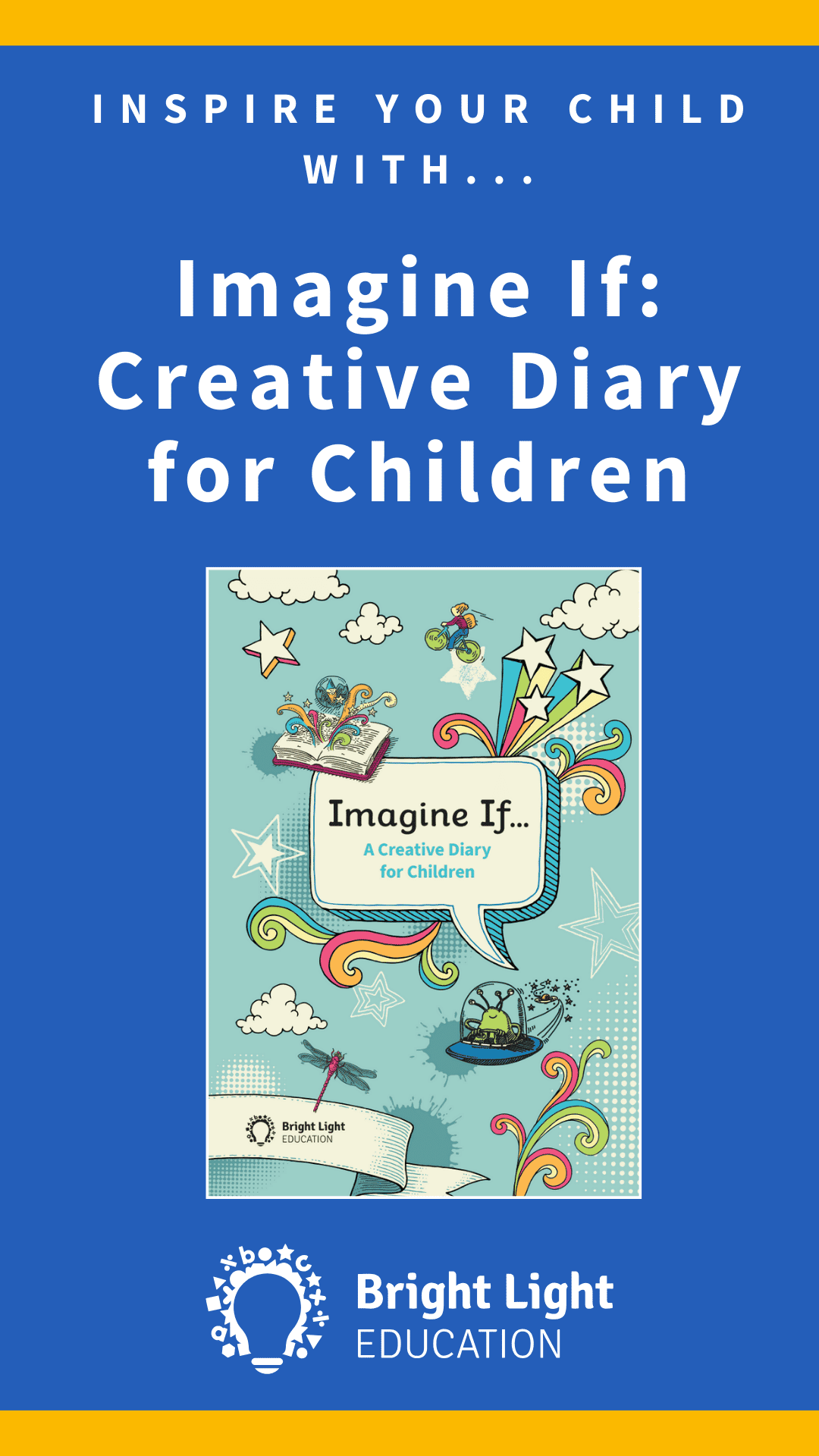Key stage 2 Writing Genres Explained
During Key Stage 2, your child will be exposed to a wide range of writing genres from creative writing through to journalism. Here are the main writing genres your children will learn during primary school education and their key features:
Narrative/Story Writing:
- Story start, build up, problem and resolution.
- Characters, setting, and plot development.
- Descriptive language to paint a vivid picture.
- Chronological sequencing of events.
- Use of dialogue for character conversations.
- Written in 1st or 3rd person.
- Usually past tense.
- Includes story continuation.
Descriptive Writing:
- Detailed descriptions of people, places, objects, or events.
- Sensory language engaging sight, sound, touch, taste, and smell.
- Use of vivid adjectives and adverbs.
- Use of literary devices and figurative language.
- Organised structure with a clear focus.
- Usually written in 3rd person.
- Usually past tense.
Poetry:
- Creative use of language, rhythm, and rhyme.
- Imagery and figurative language (similes, metaphors).
- Short lines and stanzas.
- Emotional expression and focus on feelings.
- Varied poetic forms (haiku, acrostic, free verse).
Plays and Scripts:
- Character names presented appropriately.
- Stage directions in brackets.
- No quotation marks.
- Acts and scenes.
- Setting description.
- Engaging plot, with clear beginning, middle and end.
Explanation Writing
- Clear introduction outlining the topic.
- Explanation of the topic presented in clear and logical order.
- Use of headings and sub-headings.
- Facts and statistics to support writing.
- May include diagrams and charts.
- Technical vocabulary related to the topic.
- Clear paragraphs.
Information Writing
- Introduction of the main topic to be discussed.
- Organised structure with paragraphs for different points.
- Use of facts, examples, and details to explain a topic.
- Subheadings and bullet points for clarity.
- Conclusion summarising key points.
Biographical and Autobiographical Writing
- 1st person (autobiographical) and 3rd person (biographical).
- Written in chronological order, with description of events.
- Factual (biographical), emotions and reflections (autobiographical).
- Formal writing.
Persuasive Writing
- Clear opinion stated in the introduction.
- Arguments supported by reasons and evidence.
- Strong conclusion urging the reader to take action.
Discussion Writing
- Introduction, outlining the topic.
- Paragraphs, each focussing on a different idea.
- Balanced discussion, showing both sides of the argument.
- Evidence and examples to support viewpoints.
- Conclusion, summarising the topic and reaching an overall conclusion.
Letter Writing
- Appropriate greeting.
- Clear purpose for writing (e.g., thank, inquire, share information).
- Well-organised paragraphs.
- Understanding of audience (formal or informal writing).
Diary Writing
- 1st person.
- Past tense.
- Chronological events.
- Informal language.
- Expressing emotion.
- Some descriptive details.
Reports (Newspaper etc)
- Introduction, body, and conclusion structure.
- Headings and subheadings for different sections.
- Use of facts, research, and details to present information.
- Organised in a logical and sequential manner.
- Unbiased information.
Are you interested in supporting your child further with creative writing?
Our creative writing clubs and courses run online for families and also as after-school clubs in schools. To find out more about our online courses, please visit our Upcoming Courses. If you are a school interested in hearing about our after-school clubs, please visit our Schools page, or send us an email at info@brightlighteducation.co.uk.
Other Blogposts
Black History Month Books for Kids
Struggling to engage your child with reading?Join our next online Children's Book Club — six sessions, lively discussions, creative challenges & just £12.50 per class. Click below to register your interest and receive 10% off your first purchase. "My daughter...
11+ Independent School Exams Explained
Choosing the right school Choosing the best secondary school for your son or daughter can be one of the most important decisions that you have to make as a parent. Bright Light Education can help make this transition from primary to secondary school as smooth as...
11+ Grammar School Exams Explained
Choosing the right school Choosing the best secondary school for your son or daughter can be one of the most important decisions that you have to make as a parent. Bright Light Education can help make this transition from primary to secondary school as smooth as...








